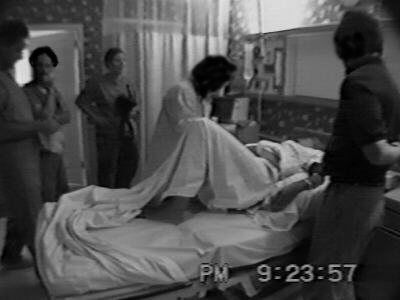There are many reasons why one might not recognize a scene that, to others, will appear
numbingly familiar. Take, for example, the following image:

By the late 20th, most people on the earth, whether through personal experience, the media
or general education, will recognize the scene as "woman in labor" and identify
most of the participants with little error.
Many people, even now, whether they are too young, or have lived far away from medical modernity, and certainly most of the people who have lived on the earth over the ages, would not recognize the scene or identify the participants.
This dual human experience when confronted with other human beings at work or play together has been the driving force for theories of humanity that emphasize either the "historicity" of human action or its "cultural" construction. Both emphases are at the root of my interest in theories of culture.
Over the years, many behavioral scientists in anthropology, sociology or psychology, have investigated how people become familiar with certain scenes while others appear foreign. I am most interested in understanding the relative impact of "familiarity" on the very process of action ("practice"?) and ask: What difference might it make that (some of) the participants in a scene might find it familiar, particularly as they reflect back on it?